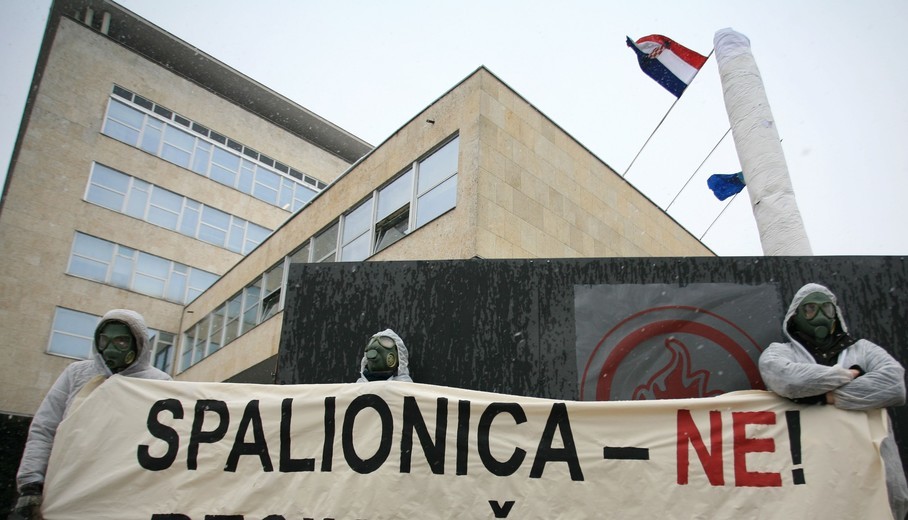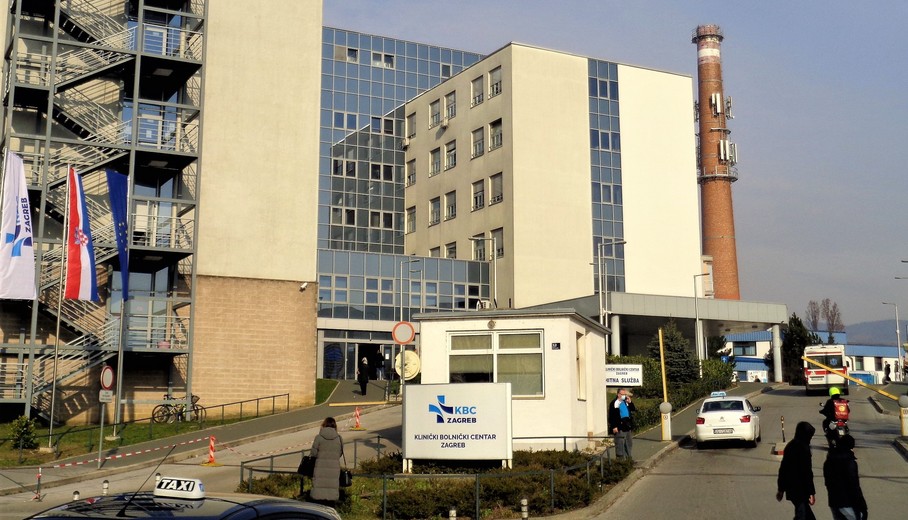Clinical Hospital Centre (KBC) Zagreb should abandon the construction of the infectious waste incinerator due to the great potential threat to the population and the environment, financial unsustainability and non-compliance with spatial planning documentation of Zagreb.
- Organizacija
- Aktivnosti
- Baza znanja

